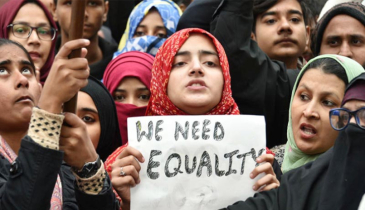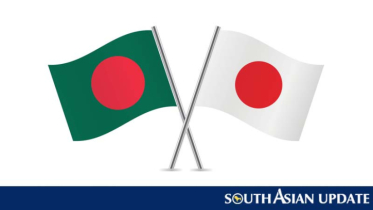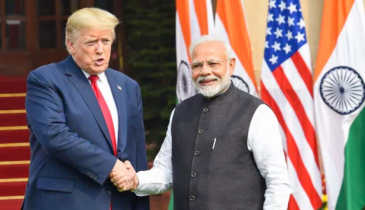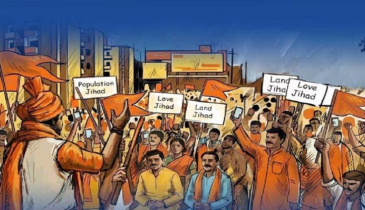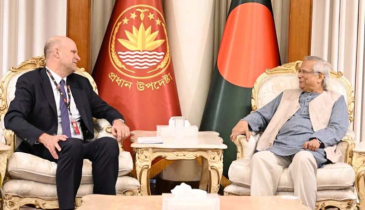Bangladesh set to hold elections in February 2026
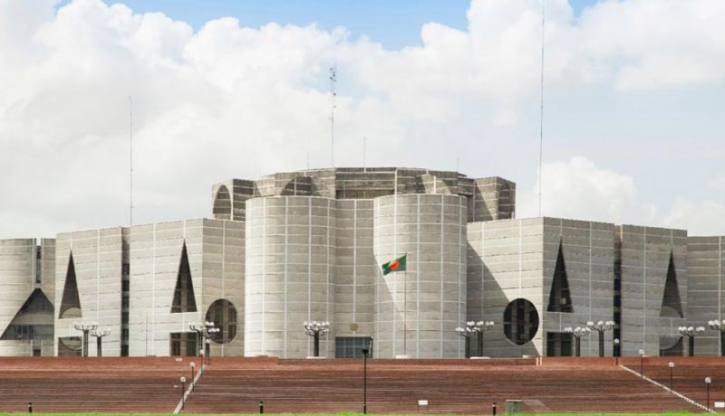
Bangladesh is preparing to hold its next national elections in February 2026, marking a pivotal moment in the country's efforts to rebuild its democratic institutions following a period of political unrest and transition.
The move is seen as part of a broader strategy to shape what officials are calling a “New Bangladesh” — a vision rooted in transparency, justice, and inclusive governance.
The announcement was made by Chief Adviser Muhammad Yunus, head of the interim government, during a nationally televised address on Tuesday evening. The speech coincided with the anniversary of the July Uprising, the mass movement that brought an end to the previous administration and triggered a major shift in the country’s political trajectory.
"On behalf of the interim government, I will formally request the Election Commission to schedule the national elections for February 2026, before the beginning of Ramadan," Yunus stated. According to astronomical forecasts, Ramadan is expected to commence on February 17 or 18, which narrows the potential election window to early that month.
Yunus also emphasized that the nation was entering a critical phase in its democratic journey. “This marks the beginning of our transition from caretaker governance to a representative government elected by the people,” he said. “We ask for your prayers and support to ensure the election is peaceful, credible, and inclusive. Let every citizen play a role in building a just and prosperous ‘New Bangladesh.’”
Muhammad Yunus, a Nobel Peace Prize laureate, was sworn in as head of the interim government on August 8, 2024, just two days after the president dissolved parliament amid widespread protests.
Since assuming office, the interim administration has pledged to maintain stability while preparing the groundwork for free and fair elections. International observers, including representatives from the United Nations and Commonwealth, have been invited to monitor the process and assist in building institutional credibility.
Analysts note that the February 2026 timeline gives the interim government a narrow window to implement key reforms, including updating the voter list, ensuring political participation for opposition groups, and restoring public confidence in the electoral process.
.png)


